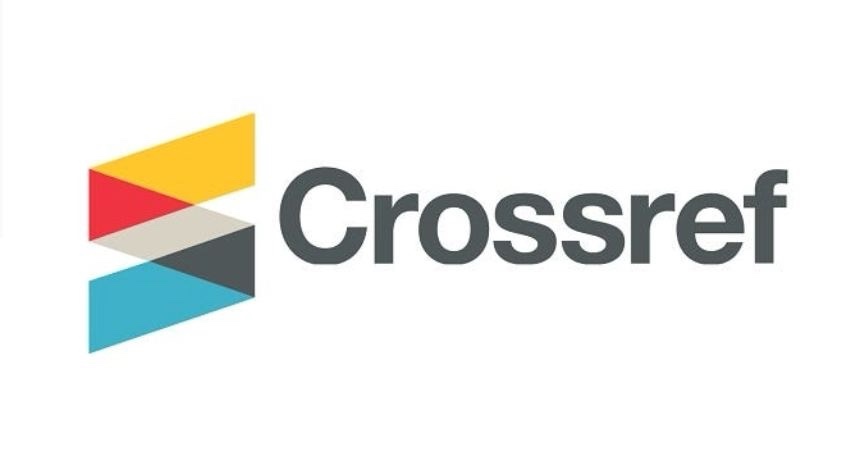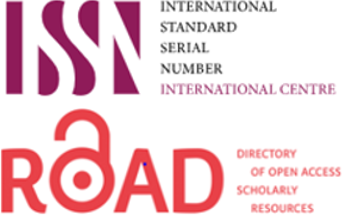Effectiveness of an Educational Program on Patients’ Knowledge Concerning care of Vascular Access of Hemodialysis in Al-Muthana Teaching Hospitals
DOI:
https://doi.org/10.58897/injns.v33i1.399Keywords:
Effectiveness, Education Program, Patient, Care, vascular access of hemodialysisAbstract
Objectives: The study aims to identify the effects of an educational program on patients’ knowledge about vascular access care and to find out the relationship between patients knowledge scores and their selected demographic variable.
Methodology: A quasi –experimental design of study was carried out at hemodialysis units of AL-Muthana teaching hospitals started from October 11th, 2018 through March 19th 2019. Non-probability purposive sample of (50) patients,who were in hemodialysis units, was selected from AL-Muthana teaching hospitals. The data were collected through the use of constructing a questionnaire, which consisted of three parts (1) Demographic data form that consisted of (6) items and (2) patient history consisted of (7) items, (3) patients' -care Knowledge consisted of (29) items. Reliability of the questionnaire was determined through a pilot study and the validity through a panel of (13) experts. Descriptive statistical analysis procedures (frequency, percentage, mean of score) and inferential statistical analysis procedures (T-TEST) and (ANOVA) were used for the data analysis Data is collected by a structured interview with patients.
Results: The results of the study indicated that more of half of the study sample were male, their age within 41-50 years, most of them were married and most of the level of education were read and. The study results of pre-test for the case and control groups revealed that there is knowledge deficit for the patients' regarding care toward vascular access for hemodialysis . While the results of post-test showed that the knowledge of case group patients were improved due to the positive effect of the educational program upon them. There is no significant association between the effectiveness of educational program and demographic data involved age, gender, level of education, occupation and family number, except the level of education there is significant association with effectiveness of an educational program at P≤0.05 level.
Recommendations: The researcher recommended to establish special health education programs for the patient through mass media about the danger End Stage Renal Disease, Special and continuing education program should be applied to all patients in hemodialysis ward, Engaging patients to participating in special activity to increase patients' knowledge.















